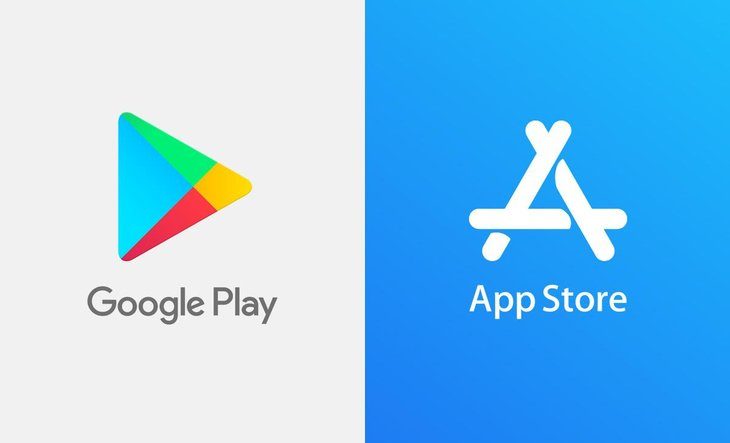With new app store rules, Microsoft takes swipe at Apple and Google.
Microsoft (MSFT) is on a quest to ensure that its $68.7 billion acquisition of Activision Blizzard (ATVI) is approved by regulators worldwide. At the same time, it's taking a shot at Apple (AAPL) and Google (GOOG, GOOGL).
Microsoft President Brad Smith set out how the business will treat developers with respect by opting out of having a preference for its own products in the Microsoft Store on Wednesday. Furthermore, Smith stated that Activision Blizzard titles will continue to be available on competing gaming platforms.
"We developed these principles in part to address Microsoft's growing role and responsibility as we begin the process of seeking regulatory approval for our acquisition of Activision Blizzard in capitals around the world," Smith wrote.
But those principles aren't simply intended to impress the Federal Trade Commission, which is investigating Microsoft's Activision Blizzard acquisition. They're also supposed to portray Microsoft as an anti-Apple force when it comes to issues like app store restrictions and taxes.
For years, developers have chastised Apple's App Store regulations, accusing the corporation of being opaque in its approval processes and saying that its App Store fees drive up consumer pricing.
"Today, there is much too much friction between creators and gamers; app store laws and practises on mobile devices restrict what and how creators may offer games, as well as what and how gamers can play them," Smith wrote in his note.
Microsoft has previously expressed its dissatisfaction with Apple's Software Store policies, battling with the business over Apple's rejection to allow Microsoft to put its game streaming Xbox Game Pass app to the App Store.
In April 2021, Microsoft would reduce fees on its Microsoft Store platform from 30% to 12%, putting pressure on gaming platform Steam, as well as Apple and Google. On software sold through their digital marketplaces, all three corporations charge a 30% fee to developers.
Microsoft is now responding to claims made by lawmakers that Apple and Google prefer their own programmes in their app stores.
Smith claims that Microsoft will agree to treat third-party programmes in the same way that it does its own software. To accomplish this, Microsoft will not prioritise Microsoft apps or Microsoft business partner apps in the Microsoft Store over third-party apps.
The move comes at a time when Congress is considering legislation that would prevent digital storefront owners from featuring their own first-party content over third-party sellers’ offerings.
Apple and Google have both spoken out against the bill, with Apple alleging that it would jeopardise user privacy and security, and Google claiming that it would disrupt popular services like Gmail and Google Maps.
However, Microsoft appears to be matching its new app store principles with the proposed legislation in order to court favour with politicians. The move may also sway potential developers who are irritated by Apple and Google's store prices.
Smith claims that the Microsoft Store would not force developers to utilise Microsoft's built-in payment alternatives, and that those who choose to use their own payment processing system will not be penalised.
In terms of the Activision Blizzard deal, Microsoft has stated that games like "Call of Duty" will continue to be available on Sony's PlayStation platform. Making "Call of Duty" restricted to Microsoft's Xbox or PCs would have been a big setback for Sony, since the military shooter series was one of the company's most popular in 2021.
Microsoft, on the other hand, claims it will honour existing contracts with Activision Blizzard for PlayStation titles and will continue to do so when those contracts expire. It also claims to be collaborating with Nintendo on the same project.
Microsoft appears to be eager to demonstrate its willingness to cooperate with authorities while also emphasising how much ground it has given up in order to demonstrate how open its platforms are in comparison to those of its competitors.
Still, given the present antitrust climate in the tech industry, these actions aren't a guarantee that the Activision Blizzard transaction will go through.

